
Strength in Body & Mind: Acupuncture & Herbs to Deal with Challenge & Change
Many healing traditions believe illness is a call for change. The most ancient of Chinese medical texts call this the metaphor of “wind.” There is a transcendent learning opportunity inherent in illness and challenge. This is a common spiritual view. “Wind” is something agitating us to move, transform, shift and change. It can “stir” from within or come at us from the outside.
“Wind” is a term most commonly used to describe infection by viral or bacterial agents, as well as climatic factors that may make us sick. To catch a common cold or flu is being “hit by wind,” called a “wind invasion.”
Chinese medicine always stresses that it’s not necessarily the “wind” that makes us sick; it’s our inability to acclimate or move with the “wind” that causes the problems. The terminology for this is the ability to “course the wind”: the ability to move with the wind, to pivot, so the challenge or change doesn’t destabilize us. Physically this means being strong enough to resist the “wind” penetrating inside our bodies; mentally and emotionally it means using the challenge to our advantage or not letting it victimize us. It is turning the other cheek, or making lemons into lemonade.
The major acupuncture channel that deals with “Wind” is the Gallbladder whose intrinsic movement capacity is the ability to turn and pivot. When the Gallbladder (and its organ partner the Liver) are strong a person will be able to move in a way that anything being aimed at them won’t hit them. They can dance with the “wind,” adjust to any situation. And ideally formulate an ingenious plan to use the situation to their advantage. The Liver and Gallbladder are called “the officials of planning and decision making.” From them comes genius and strategy. They allow us to find our way through time and space, and the challenges of life.
When “wind” is allowed to penetrate into our bodies making us sick, this is often due to the insecurity of our “external energy shield” managed by the Lungs and its governance of the “Wei Qi”: “defensive energy,” a type of Lung energy.
The Liver-Gallbladder controls the internal management of the body’s energy, allowing us to be in a state of peaceful alertness so we can confront any challenge or change. The Lungs manage the external defensive shield of the body, to prevent “invaders”from penetrating into the body’s interior.
The Liver tries its best to keep the energy of the interior of the body flowing smoothly so the Lungs will receive enough support to maintain its shield. Calm inside, strong outside.
There are many practitioners who believe stagnation of the Liver’s energy is the root of most diseases of the body and mind. When the Liver is unable to properly manage the internal energy of the body, all other systems will suffer as a result. The Lung’s shield will be insufficient, often due to digestive disturbance failing to support the Lungs.
This process is true in physical situations where a virus is challenging the body. It is also the process when we are confronted with a mental or emotional challenge. The calmer the Liver can remain, usually the smoother the processing and gentler the reaction will be. The Liver when it is stagnant or exuberant can often express itself as belligerence or rage. Yet when the Liver is calm it will express itself through insight and brilliance. The Liver is the organ that holds onto the psychic powers of perception. But it also the most emotional of all the organs with a tendency to become “over-heated,” impulsive and even violent. The Liver’s energy can also easily become stagnated which causes it to become depressed.
Arguably when we meditate, it is the Liver we are chiefly working with: to smooth its energy flow, open its perceptive capacity for insight and brilliance. During the meditation process, “wind” that is generated by the Liver can be released as shaking or emotional release, visions and even headache and pain. Wind often comes out neurologically, sensorially, emotionally or muscularly. Ringing in the ears, blurriness, headaches, muscle pains, skin eruptions, anger, frustration, depression can all be “wind” symptoms generated by the Liver. When an experience makes our “head spin,” or when we get so angry we shake this is a good description of “ internal wind.”
“External Wind” is slightly different. This is referring to an external agent like a virus, bacteria, fungus, parasite like the common cold or flu, or COVID. It can be climatic, environmental, ecological. The ancients say it can be even due to ghosts. External Wind is anything coming from the outside that penetrates into the body, past the Lung’s energy shield to cause the immune system to react. This is when the energy of the Lungs (the shield) and the Liver (the general in change of smooth internal energy flow) start to fight the “wind,” creating the symptoms we associate with being sick.
When we are “invaded by wind” the chest tightens and the waterways start mobilizing the fluids in the form of nose, eye and chest discharge. The “Wei” defensive energy generates a fever to try to burn up the pathogen. The fluids are mobilized to sweat or urinate out the invader.
The Lung energy can be seen as the soldiers on the front of the battlefield, while the Liver is the general standing behind the lines, mobilizing the forces. The reinforcements from the interior of the body are the blood and fluids which are created by the Stomach-Spleen and circulated by the Heart. In order for a good immune response there must be smooth and effective cooperation amongst all these forces. The Liver in this case is fundamental.
The Liver is also fundamental when there is a problem originating internally. As we said earlier, “Wind” can also occur within us. Internally we may be unable to adjust or process our mental or emotional response to a challenge or changing circumstance. The Liver may go into emotional reactivity instead of insight and brilliance. This can cause a “stirring of wind” internally. High blood pressure is classified as a type of “wind” condition that stirs internally, often due to stress the Liver is unable to manage. Anger and aggression can also be due to the stirring of “internal wind.”
The virtue associated with the Liver is benevolence. It is the ability to “live and let live,” to not take things personally. It is the acknowledgment that every person has their own path and their own way: their own way of thinking about things. Through benevolence the Liver allows us to harmonize with the world and the people in it. It is the way we prevent becoming rigid, which is a common problem coming from the Lungs. The Liver at its best will help us see all sides of a problem. It’s partner is the Gallbladder who’s movement nature is that of turning to pivot. It is what allows us to turn our head and body so we can see all around us. It is what allows us to change our mind. They are the two organs responsible for allowing us to grow and learn and change.
“Wind” can mean anything the body is asked to adjust to. Life is full of challenges: this is what allows us to grow and change. “Wind” is the nature of life. Yet, this is not always easy for a person to deal with. We get stuck in our habituation, in our patterns. Change can feel very unsettling or even destabilizing. How well we react to “wind” is predicated on the strength of our external (“Wei”) defense energy shield as well as how steady and flowing is our internal (Liver) energy. It also depends on how well the external (Wei) and internal (Ying) energy of the body is adjusting and supporting one another.
The other aspect to the way we deal with “wind” depends on our root Kidney energy: the constitution (Yin and Yang) of the body. The Yin aspect of the Kidney energy governs how good we feel about ourselves and our lives: how contained and content. It relates to our relationship with our bodies, our personalities and the life we’ve created for ourselves. The Yang aspect of the Kidneys is the willpower: our enthusiasm and sense of drive in our lives. The Kidney energy is always “communicating” and exchanging with the energy of the Heart which “houses” the spirit: our sense of animation. The Heart energy allows the desire to interact, learn and explore. The Kidneys provide the willpower and actual physical power to do this. They feed and direct the Heart and its desire and animation.
The Kidney energy also provides the basic power and strength to both the Stomach-spleen and its digestive capacity, as well as the Lungs and its shield around the body.
One of the oldest and most famous herbal formulas that treats “Wind” is the “Cinnamon Twig Combination (Gui Zhi Tang).” It is one of the most popular formulas for treating the common cold: a “wind cold invasion.” The “cold” is the virus or bacteria, while the “wind” is the process that allows the virus to “invade” the body. This formula is especially useful when a person’s external energy shield (immunity) is weak: when the external (Wei) and internal (Ying) energies fail to support one another. The reinforcements from the interior fail to fortify the external shield, either due to stagnation/blockage or deficiency of blood and fluids. The “Gui Zhi Tang” rectifies this dysfunction.
The chief herbs within the “Gui Zhi Tang” are cinnamon twigs (Gui Zhi) and Peony (Bai Shao). Bai Shao soothes the internal energy flow (the Liver energy) and nourishes blood as it “harmonizes” with the circulatory warmth of the Gui Zhi which “expels the wind and cold,” opens the chest and promotes circulation to the exterior of the body. The Bai Shao provides the reinforcements; the Gui Zhi brings them to the surface of the body where they are needed.
The key to this formula and its true brilliance is not in treating the disease itself (the wind: virus, bacteria), but rectifying the body’s immune capacity to expel the problem. It does this by strengthening the external shield and reinstating the support from the internal reserves. This is known as “restoring the harmony between Wei (external energy) and Ying (internal energy).” It is a very sophisticated way to treat.
Even though this formula is used mostly for the common cold, it can also address a person’s relationship with the external world in general: the way we internally adjust to external change so we don’t get sick.
This very famous formula sets the tone for dealing with “wind.” It is never primarily about the actual germs or infection, nor is it necessarily about what is happening outside of us. What’s more important is addressing why the body let the germs into the system in the first place, or why the body wasn’t able to acclimate and adjust, or let it go. This is why we get sick. The immune shield should be strong enough to dispel or repel any pathogen we come in contact with. As well, the mind and emotions should be able to adjust to any challenge or change. The mind should be able to process the experience, extract the meaning from it, let it go and move on. When we get sick it’s because we aren’t able to acclimate. The Confucians say we become upset about something that happens to us because we are unable to process it mentally to extract the meaning from it. We hold onto the event, unable to let it go and move on. We stagnate our Liver energy and the momentary event becomes solidified, further stagnating our energy flow into a blood stagnation. This is what we treat with the herbs and acupuncture.
As well, when we are insulted by someone; when our honor is hurt, it is our attachment to the words and their meaning that “injures us.” If we can let things go, let them flow and not attach meaning that hurts us, we can remain well. This is predicated on the health of the Lungs, Spleen and Liver and the relationship between them. The Liver must move its energy and its blood reserves (the Liver is said to “store the blood”) to the surface to give the experience a medium to be experienced, processed and released via the Lungs. If the internal energy is unable to “adjust” and support the external energy responsible for release, then the experience and its emotional response will remain trapped inside the body. We will continue to re-experience it. We become poisoned by the experience, instead of nourished by it through wisdom.
The discussion of “wind” is therefore a discussion about the body’s ability to maintain homeostasis within changing circumstances. A basic assessment of a person’s health and vitality is how well they acclimate to “Wind.”
We’ve already said Wind is associated with the Liver and Gallbladder. These two organs are said to be expressions of the “Wood Element” in nature. The elemental association of an organ is important. It describes not only the function of the organ but also the themes it deals with. A tree for example has to withstand the stress of wind. The tree must be strong but also able to bend, otherwise it will break. We are the same. The ability to “bend” and flow with changing circumstances is predicated on the quality of blood in the Liver and its acupuncture channel. This is likened to the “Wood element” within us. The Liver controls the muscles, which are like trees in their form and function. The ability to bend and withstand wind is therefore a physical, muscular phenomenon but also mental and emotional.
There is a saying in Chinese medicine: “use blood to expel wind.” The blood is what allows us to be able to deal with “wind” (change).
Blood has many connotations, in addition to what we know about it in Western medicine. Blood is seen as the medium for the mind, consciousness, the emotions and the spirit (collectively known as the “Shen”). Therefore the more flexible and adaptable our mind and emotions, the easier time we will have dealing with “wind,” be it environmental or circumstantial.
One of the most descriptive acupuncture points for addressing the body’s harmonious relationship with “wind” is Liver-8 (LR-8) Qu Quan: “the bending spring.” This is a major point for nourishing blood.
Blood is necessary to “course” and “expel” wind therapeutically. It is like putting a great deal of attention and care into a situation so it can be fully experienced and processed. They say another virtue of the Liver is the ability to bring something to a state of completion. Blood helps us to fully experience something so there is nothing left to hold onto: we fully learn the lesson so it is converted into wisdom.
LR-8 is a “water point,” meaning it uses its blood to nourish the Kidneys: the constitution. Therefore fully experiencing and processes an experience nourishes and strengthens the root of our selves as represented by the Kidneys. We need blood to be able to do this.
The blood of the Liver both nourishes the Kidneys (it’s “Yin” contentment aspect) and creates Heart energy: the ability to let go of an experience in a state of compassion.
To move the blood is an action of the Heart energy. Expelling the wind via moving Heart blood brings us into a state where we take nothing personal, we just “expel the wind.” We let it go in a state of compassion, grateful for the lesson that has strengthened our willpower and fortified our essence.
How much blood a person possesses, as well as how smooth it flows will often determine how well they are able to deal with wind. Insufficient blood will cause things to linger and remain “incomplete.” Rather than fully letting an experience go, remnants of it can linger inside the body. This occurs with physical pathogens like virus and bacteria, or insect bites, but also as mental and emotional traumas that linger and continue to affect us.
Blood represents the body’s resources. For example, a person who feels they have adequate finances will often have an easier time with changing life circumstance than a person who feels impoverished. The same is true for someone who feels they have adequate emotional resources or mental integrity. They will be able to navigate insult and change easier than someone who feels vulnerable and relatively unstable.
The main organs and channels to address the blood are the Liver which “stores the blood,” the Spleen-Stomach which creates the blood and the Heart-Pericardium which circulates the blood and “houses” the Shen (spirit).
The quality and flow of the blood is therefore a key element in maintaining immunity as well as flexibility in the face of life’s often changing circumstances.
The name of LR-8 always brought to mind the image of a person who is able to sail around a roadblock: around the bend.
The point is also a “spring,” which means it is a source of nourishment. But nourishment allowing for the virtue of being able to “bend” so we don’t break. The ability to learn from challenges, using them to fortify our constitution and cultivate wisdom. This point nourishes the muscles but also the mind and emotions, supporting strength but also flexibility and adaptability.
The Liver, Gallbladder and Wood element deal with goals and creativity: moving forward in life. They maintain the smooth flow of the body’s internal energy. They also control the diaphragm muscle and the muscles in general. The diaphragm is that which protects the interior of the body and manages energy movement up and down, in and out.
The other organ system that deals with “wind” are the Lungs which govern the body’s most external “shield” and interface with the external world. The Lungs are also seen as the energy that allows us to be fully present in the moment. It also governs the capacity to let go on a moment to moment basis.
To fully experience and process an experience: to bring it “to completion” requires adequate blood to fully feel the experience. It also requires adequate presence and attention which is provided by the energy of the Lungs.
The Lungs are described as the “great canopy” of the body, creating a type of energetic shield to protect against external elements like weather, climate and germs. The Lungs have an energetic vector that pushes out to dispel anything that might be trying to get into the body. It is the body’s major “defensive measure” against what is known as “perversity.”
Some say there is a moral connotation to the philosophy of the Lungs, but in a very practical sense, “perversity” is relative, meaning anything that doesn’t serve or resonate with a person and their “Self.” This can be something energetic, physical or even words. The Lungs manage the ability to let something go: to reject it because it is not healthy for us. But it requires full presence to be able to do this. As meditation teachers say, the breath is always in the moment. Therefore the Lungs are the governors of being in the present moment.
The Lungs and Liver, both dealing with “wind” must work together. The Liver is most interested in smooth flow of energy. Anytime the body’s internal energy becomes stagnant or blocked, the Liver becomes agitated. The Lungs are interested in diffusing: letting go, but also with protecting the body. It is a subtle balance to be open to adjusting to the world and also maintaining protection of the self. The Liver and Lungs can therefore be at odds with one another.
The Lungs are supported by the Spleen which maintain boundaries. The Spleen energy is what allows energy to rise, but it also keeps the blood in its banks to prevent leakage. The Liver is supported by the Kidneys which govern the body’s intrinsic adaptability, vitality and strength.
There is a very ancient concept about adjusting to the external environment. It is called the adjustment of the most surface energy managed by the Lungs, called “Wei” or defensive energy, and the internal energy, managed by the Spleen and Heart, called “Ying” or nourishing energy. This concept is usually directed towards treating infections: virus and bacterial, fungal ect,, including the common cold. However it can also be applied to the way our emotions interact with the external world.
We’ve already discussed the common herbal combination to treat the harmonization of “Wei (defensive external) energy” and “Ying (internal nourishing) energy” is Cinnamon Twigs (Gui Zhi) with Peony (Bai Shao). This combination brings blood and fluids to the surface of the body where it can be circulated to “secure the exterior” of the body, or the immune shield. This is a physical but also a mental-emotional phenomenon. The Spleen allows the blood and fluids to rise to the Lungs (to the surface) and keeps them focused. This is also the process of the mind, which should remain light and yet also focused. This is the way in which our mind stays present. It is a form of focus supported by the Spleen. The term for this is “Yi”: mindfulness, which is said to be “housed” in the Spleen.
The strength of our mind, called mindfulness or the “Yi” will often determine how well we deal with external life challenges. The ancient Confucians would often stress the importance of “strengthening mindfulness (Yi)” as governed by the Spleen-Stomach when treating any type of mental illness. “Yi” is the ability to stay present and focused. It is a form of confronting any challenge head-on. It is supported by the willpower of the Kidneys. In health there is a great amount of power and strength behind it.
To tonify the Qi-energy of the Spleen will also support the Lungs. This is the key aspect in strengthening immunity. The Qi of the Spleen is also seen as the root of cognitive capacity and reflection: the ability to process and transform our thoughts in the same way digestive capacity turns food and drink into nutrients that nourish us. The Spleen is therefore seen as the root of the digestive capacity as well as the mind. The Heart is the “house” of the spirit (Shen): the animation which gives life to all aspects of our being, but it is the Spleen that allows us to process our life, turning our experiences into something that feeds us.
When the Spleen is not working well food and drink will stagnate and make us feel heavy and burdened. The same is true for our experiences, thoughts and emotions: they will weigh heavy on us rather than exciting and motivating us. This is a reason tonification of the Spleen is often the key strategy in any herbal or acupuncture formula. It is fundamental to the health and well-being of every system in the body: physical and mental.
Harmonizing the Liver and Spleen is often a key aspect in mental health. There is a very famous herbal formula called “the free and easy wanderer” (Xiao Yao San) for which this is the chief strategy. The formula contains several herbs that strengthen the Spleen (digestion and mind), nourish the blood (spirit) and regulate the Liver energy for smooth flow.
When the Spleen’s energy becomes weak, causing sluggish digestion and foggy mental clarity the Liver will become agitated creating anger, frustration or depression. Therefore the strategy used to rectify this situation focuses on “smoothing” or relaxing the Liver and strengthening the Spleen in its production and management of energy and blood.
There is an inner and outer aspect to dealing with “wind.” First of all, the Lungs are responsible for the strength of the external shield against the “insults” and challenges of the external world. Beyond the physical nature of this, strong Lungs will also allow us to not take things personally on an emotional level. They help the Spleen (and mind) to let things go so we don’t linger on a situation. The Lungs prevent something from taking residence inside of us, be it a virus or an experience.
Another famous herbal formula treats the protective shield of the Lungs. It is called “the Jade Windscreen formula (Yu Ping Feng San).” The major herb within this formula is Astragalus (Huang Qi) which strengthens the Lung’s energy, especially its diffusion capacity to maintain the shield around the body and continually let go of anything trying to invade. This herb is supported by Atractylodes (Bai Zhu) which strengthens the Spleen in its support of the Lungs and also has an upraising and lifting quality. I like to think the combination of these two herbs allows us to “rise above” anything that might have been said or done to us. The last herb in this formula is Siler (Fang Feng) which is translated as the “wind guard.” “The Jade Windscreen formula” is often used for people who tend to get sick easily. It can also be used for people who feel constantly vulnerable and susceptible to holding onto emotions and taking things personally. Due to the herbs that raise the energy, this formula promotes a sense of presence and focus in a protective manner.
While the Lungs manage a person’s relationship with the external world, it is the Liver that tries to maintain the smooth flow of the internal energy, including the emotions. The herb Buplurem (Chai Hu) is classically seen as that which circulates the Liver’s energy to deal with feelings of “constraint.” This herb has a raising quality, like the Bai Zhu and Huang Qi discussed in the prior formula. However Chai Hu also unbinds, creating a soothing effect, especially on the chest and flank area. Mint (Bo He) is often combined to this herb to enhance this effect. The herb Cyperus (Xiang Fu) is another famous herb that regulates the Liver’s energy, most popularly used in gynecology for premenstrual systems and cramping. The herb Albizzia Bark (He Huan Pi) is effective in moving stagnant Liver energy, called “the happy marriage bark” it has a special effect on irritability and the ability to be patient in life.
Dealing with our emotions is not always easy. The herbs that have become famous for treating emotional issues can teach us how to manage our emotions. The Lungs must be strong so we can easily let things go and not take things personally. The Spleen must be strong so our mind and easily process our thoughts and emotions so we don’t fall into obsessiveness. The Liver must be free to circulate the emotions so we can fully feel and experience them, as well as express them. Chai Hu and Bo He are both expressive herbs that cause us to sweat and clear heat and agitation through that expression. Xiang Fu stops pain caused by something gathering in our abdomen. He Huan Pi helps us find a way to harmonize and get along with others.
There is a famous phrase used by the Confucians: “a gentleman can listen without agreeing.” The harmonious Liver allows us to be able to live in the world peacefully whether we agree or not. We needn’t always become angry, agitated or combative. This often requires a strong Spleen and Lungs so we have a steady mind that can process thoughts and a strong shield to protect us. To have a “secure exterior” means we feel we aren’t being attacked by the external world, so we can feel safe within ourselves. When we have a stable mind (Spleen), a “firm, secure” exterior (Lungs), our emotions will usually be able to flow smoothly (Liver).


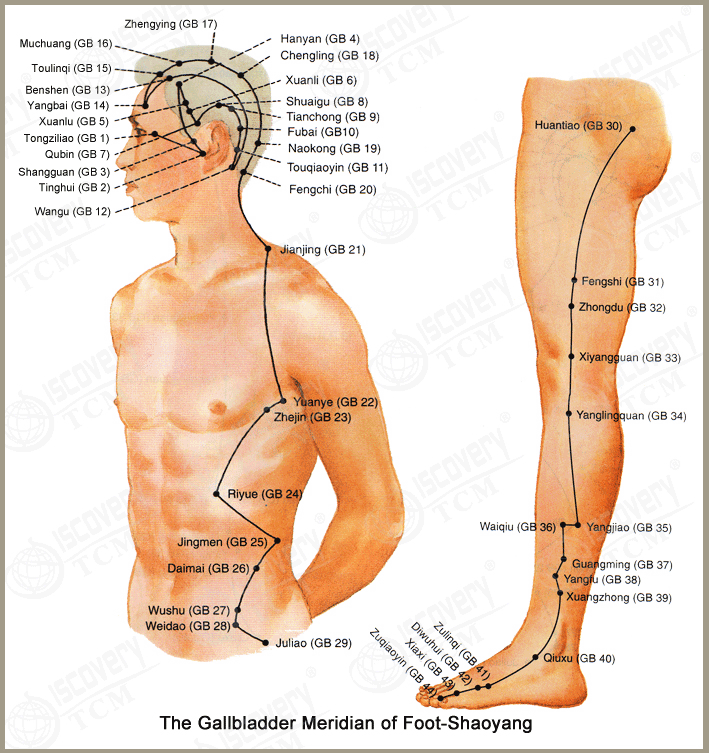
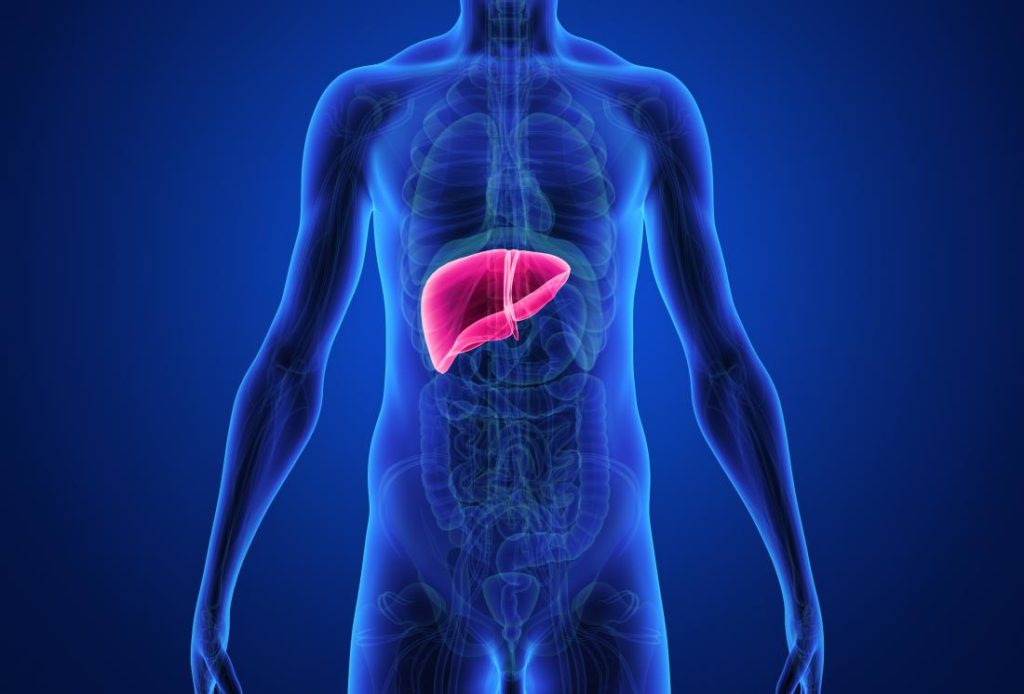
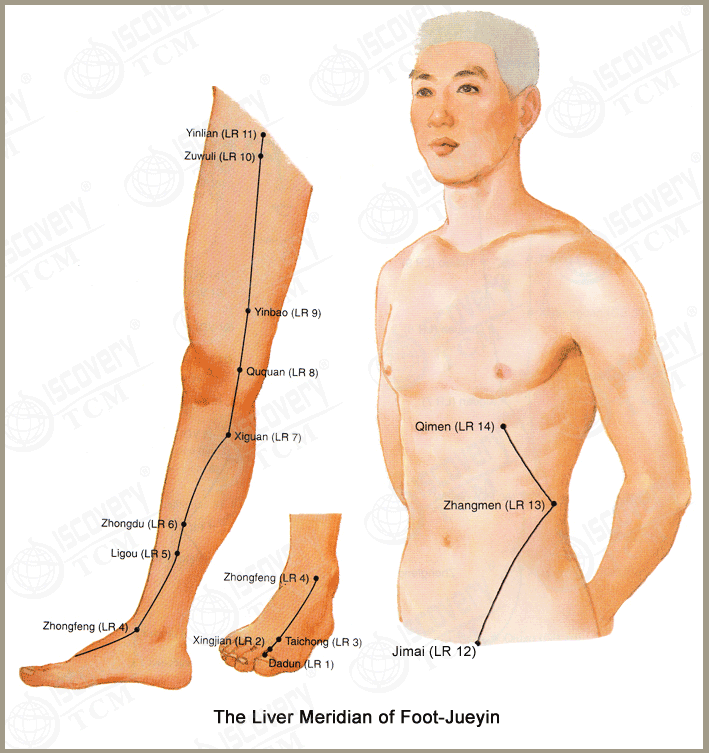
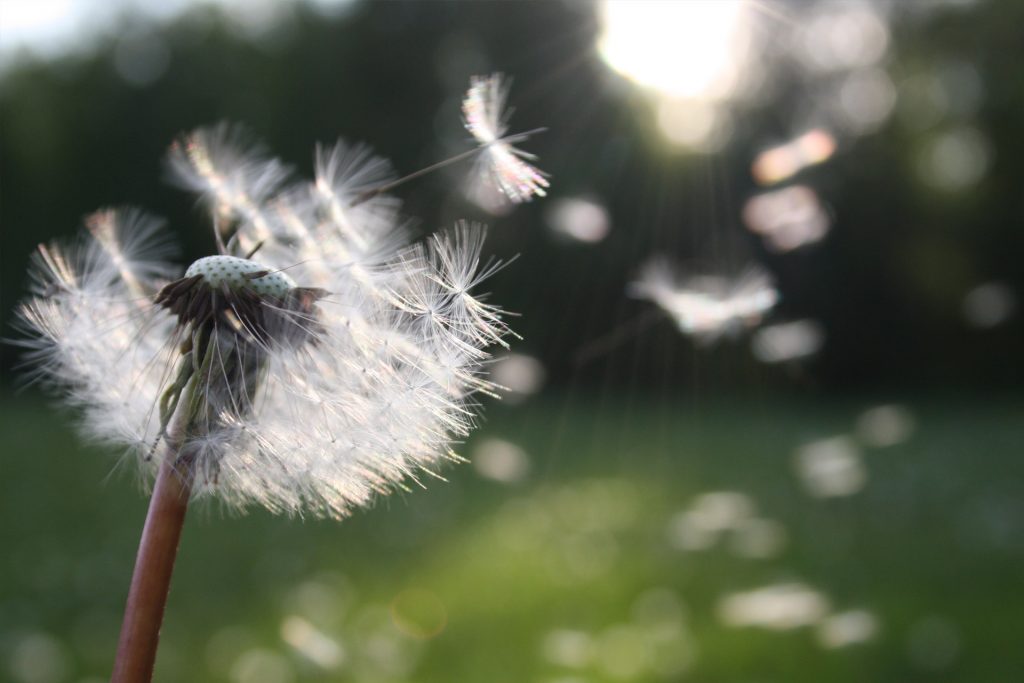
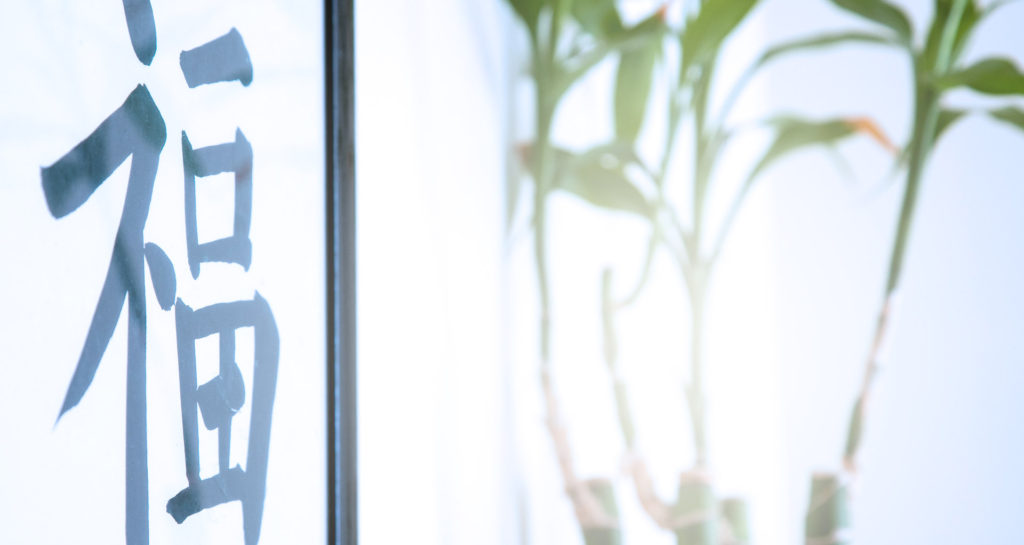





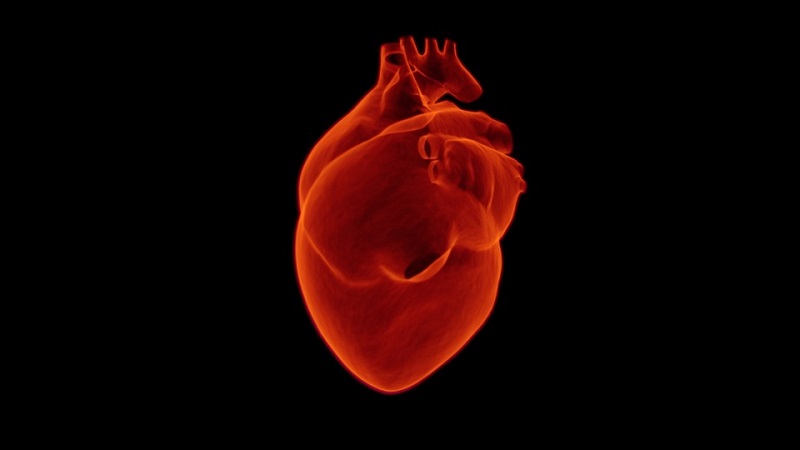
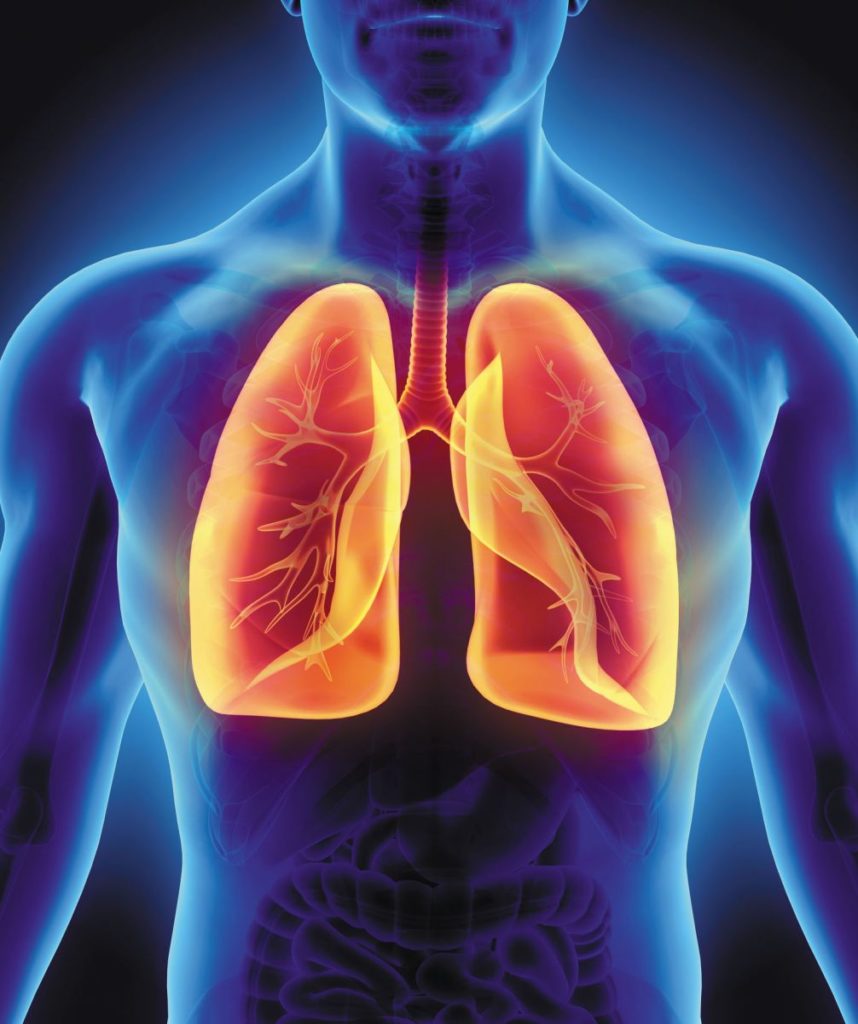
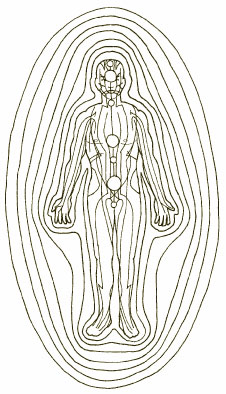






No Comments